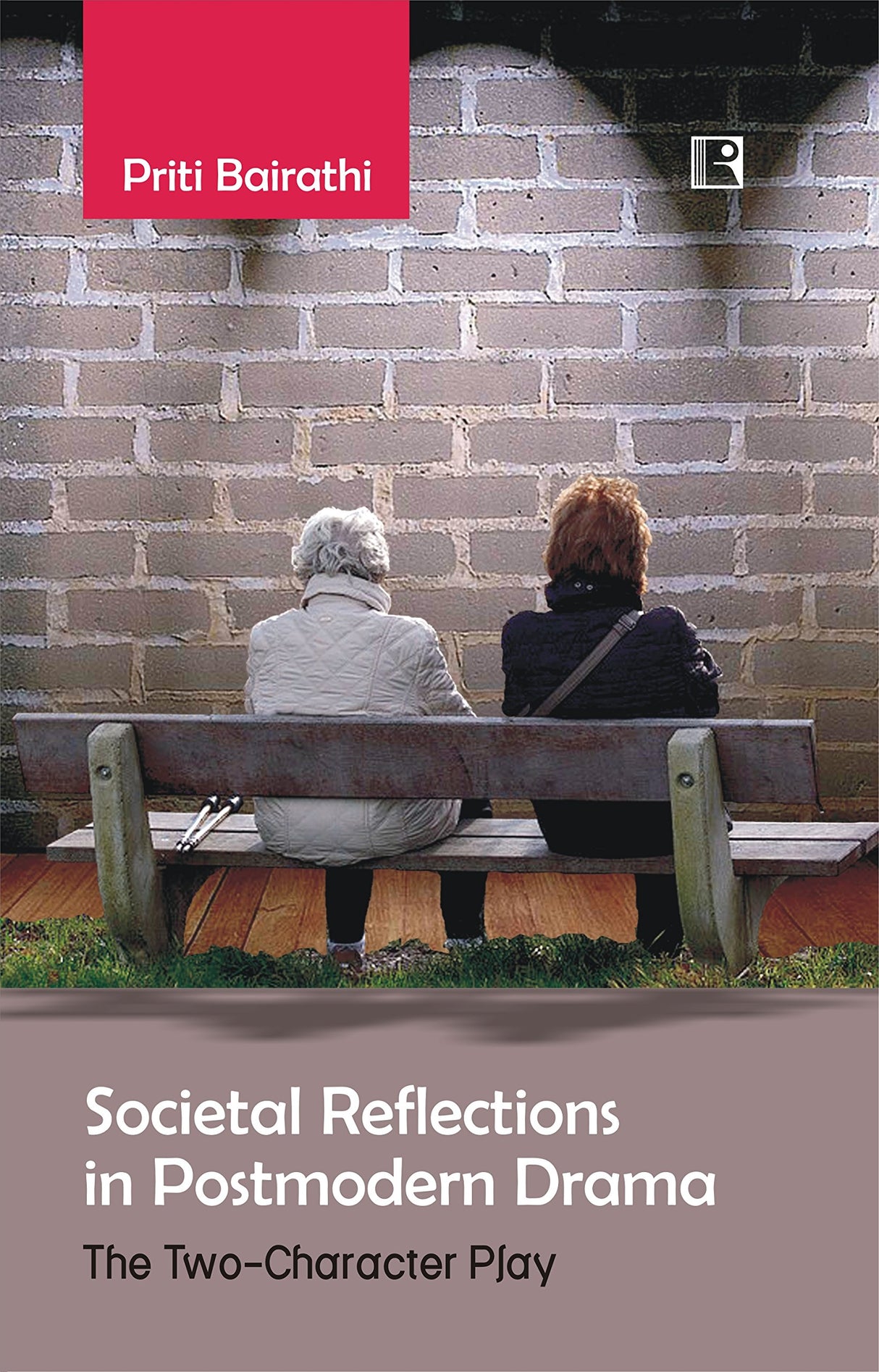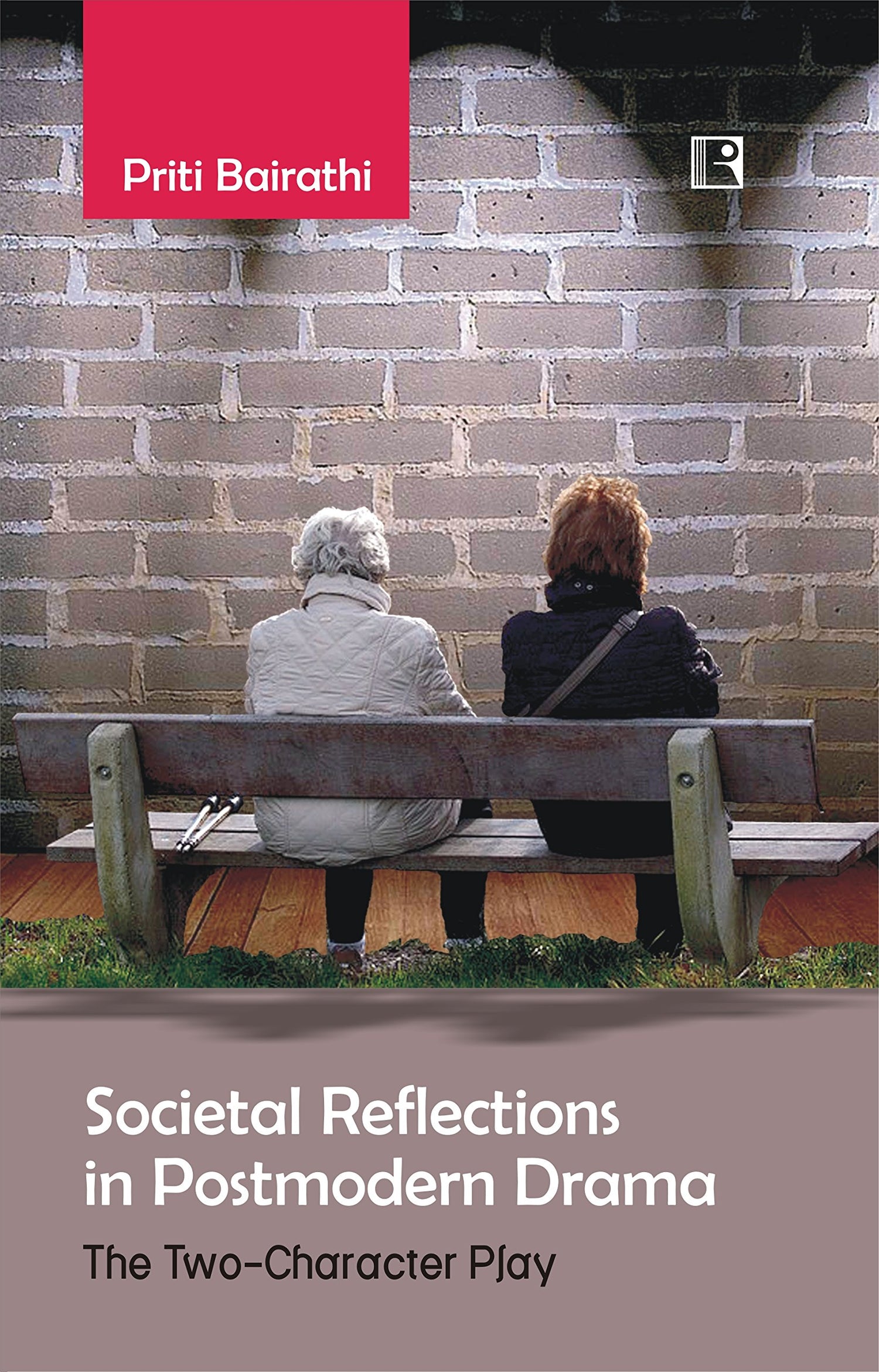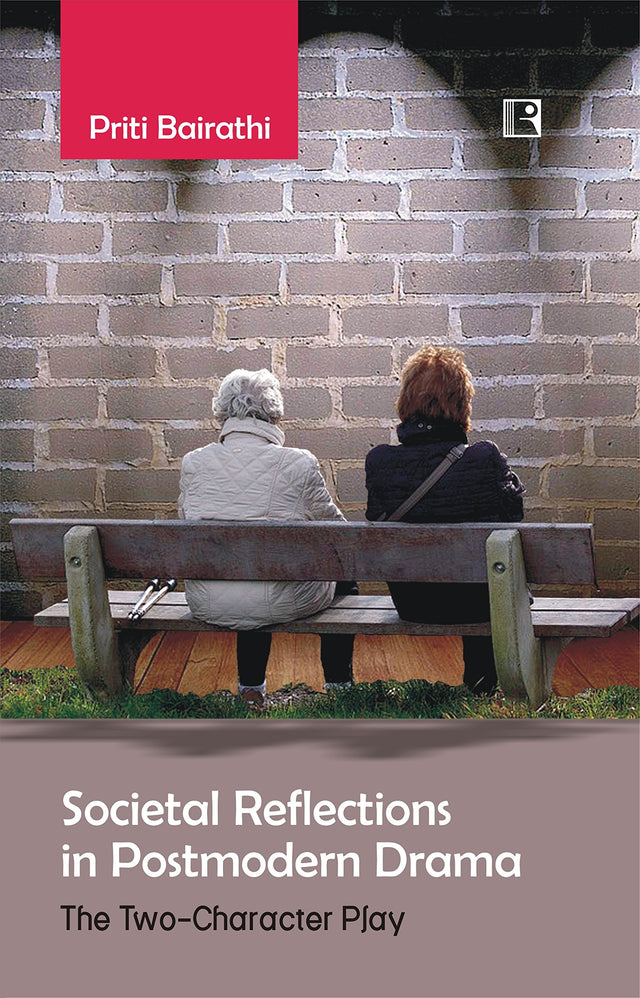SOCIETAL REFLECTIONS IN POSTMODERN DRAMA: The Two-Character Play
SOCIETAL REFLECTIONS IN POSTMODERN DRAMA: The Two-Character Play is backordered and will ship as soon as it is back in stock.
Couldn't load pickup availability
Genuine Products Guarantee
Genuine Products Guarantee
We guarantee 100% genuine products, and if proven otherwise, we will compensate you with 10 times the product's cost.
Delivery and Shipping
Delivery and Shipping
Products are generally ready for dispatch within 1 day and typically reach you in 3 to 5 days.
Book Details
-
Author: Priti Bairathi
-
Publisher: Rawat Publications
-
Edition: First Edition
-
Binding: Hardcover
-
Format: Address Book
-
Pages: 172
-
ISBN: 9788131609712
-
Language: English
-
Release Date: 01-12-2018
-
Dimensions: 9.0 x 6.0 x 1.0 inches
About the Book
Societal Reflections in Postmodern Drama delves into the intricate relationship between shifting social contexts and the evolving art forms, focusing specifically on postmodern drama. This study spans from the late 1950s to the early 1980s, exploring a period marked by significant political and global transitions following World War II, including the Vietnam War. These years were full of both optimism and despair, where societal boundaries expanded amidst the backdrop of violence and war. It was a time of artistic experimentation despite the prevailing existential anxiety and heightened awareness of mortality.
This book closely examines the works of prominent playwrights like Tennessee Williams, Edward Albee, David Mamet, and Marsha Norman, who used distinct dramatic strategies to deconstruct traditional forms of theatre. The study emphasizes how these writers tackled themes such as psychological, ecological, and gender issues. A special focus is given to the two-character plays of these playwrights, where the challenge of creating dramatic tension in confined spaces required a blend of context, language, action, and audience engagement.
Drama, as an art form, is uniquely positioned to respond to societal changes and can work in multiple forms ranging from satire to tragedy. It engages immediately with ideologies, struggles, and human emotions, interrogating post-Aristotelian dramatic theories while incorporating influences from figures like Artaud, Brecht, Beckett, and Chaikin.
By examining the making of a play-text that can be both visualized and enacted, this work bridges dramatic and lyrical elements, fostering philosophical reflections without relying on the liberties of fiction. It addresses the dynamic relationship between ideas, themes, and the dramatic action in space, while incorporating body language as an integral part of language. This book is not only relevant to researchers but also accessible to general readers who are interested in understanding the intersection of drama and social change.





